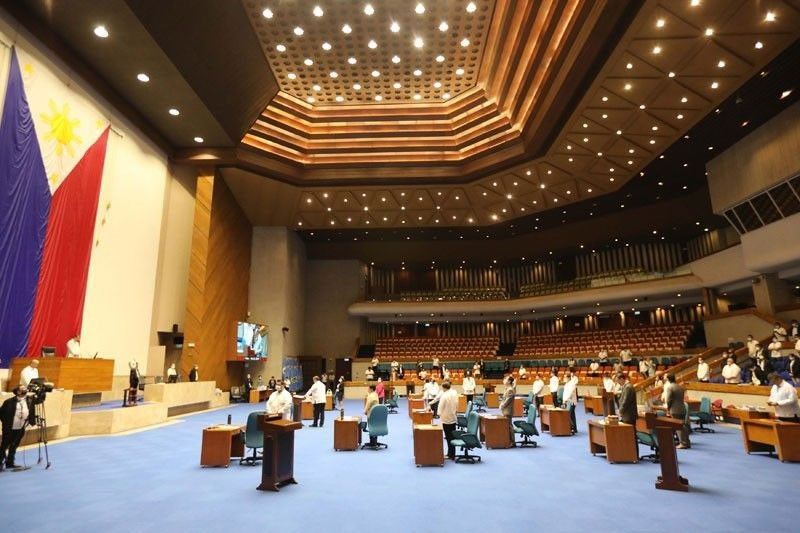Senate approves amendments to AMLA

MANILA, Philippines — The Senate yesterday approved on third and final reading the bill that amends the Anti-Money Laundering Act (AMLA), to avert the inclusion of the country in a so-called gray list of nations that are at risk of international sanctions and stricter monitoring of financial transactions.
Passed was Senate Bill 1945, which President Duterte certified as urgent last year. It was not immediately approved due to lack of time, as well as some protests on conditions imposed by Malacañang on the contents of the measure that some senators warned were impinging on the independence of the chamber.
The bill is the latest in a series of laws the country has enacted, amending or supporting Republic Act 9160 or the AMLA of 2001, as the Financial Action Task Force (FATF) – the global money laundering and terrorist financing watchdog – continues to set new standards to fight such illegal activities.
Sen. Grace Poe, chairperson of the Senate committee on banks and financial institutions and principal sponsor of the bill, thanked her colleagues for their support and expressed hope that proceedings at the bicameral conference committee with the House of Representatives would be able to smoothly reconcile conflicting provisions of their respective versions of the bill.
“There are cracks in our financial institutions that some people have used to their advantage. With the AMLA amendments, their days are numbered,” Poe said.
“The amendments to the AMLA are responsive to emergent risks and challenges facing our financial system and, at the same time, protective of the money of the people, including hard-earned cash of overseas Filipino workers (OFWs),” she said.
SB 1945 includes real estate developers and brokers in the list of covered persons when they engage in a single cash transaction in excess of P5 million or its equivalent in any other currency.
While a previous law covered casinos, the bill expressly specified the coverage of offshore gaming operators and their service providers to clarify the coverage of internet-based casinos.
The measure also includes the commission of tax crimes, with the threshold raised to P25 million, and violation of the Strategic Trade Management Act, which relates to the proliferation of weapons of mass destruction and its financing, as predicate offenses to money laundering.
The bill also increases the powers of the Anti-Money Laundering Council (AMLC), which has also been a point of contention during deliberations of the measure in Congress.
The measure enhances the AMLC’s investigative powers through express powers of deputization, power to apply for search warrant, and power to obtain information on ultimate beneficial ownership; authorizes it to implement targeted financial sanctions on proliferation financing; authorizes the council to preserve, manage or dispose assets subject of asset preservation order and judgement forfeiture; and prohibits the issuance of injunctive relief against freeze orders and forfeiture proceedings under its jurisdiction.
Poe earlier said the government must immediately enact the measure as strongly advised by the Asia Pacific Group on Money Laundering, “as a form of national economic emergency, due to the very serious economic costs” arising from non-compliance.
She said the measure was crafted as a response to the key findings of the mutual evaluation report (MER), which evaluated the Philippines’ compliance with the 40 recommendations of the FATF.
“If we fail to act now, the FATF ICRG Asia Pacific Joint Group or AP-JG will place the Philippines in the so-called gray list, along with countries like Albania, Pakistan, Panama, Syria, Uganda and Zimbabwe, to name just a few,” the senator said.
Being in the grey list could invite sanctions or restrictions from multilateral institutions like the World Bank, the International Monetary Fund, and the Asian Development Bank, as well as stricter requirements on financial transactions, including those of overseas Filipino workers, from other countries.
“To make matters worse, the Philippines will incur a ‘reputational risk’ that would certainly result in reduced investor and lender confidence. We can only imagine the domino effect that this would trigger to all of our local industries,” Poe said in her earlier sponsorship speech.
- Latest
- Trending



























